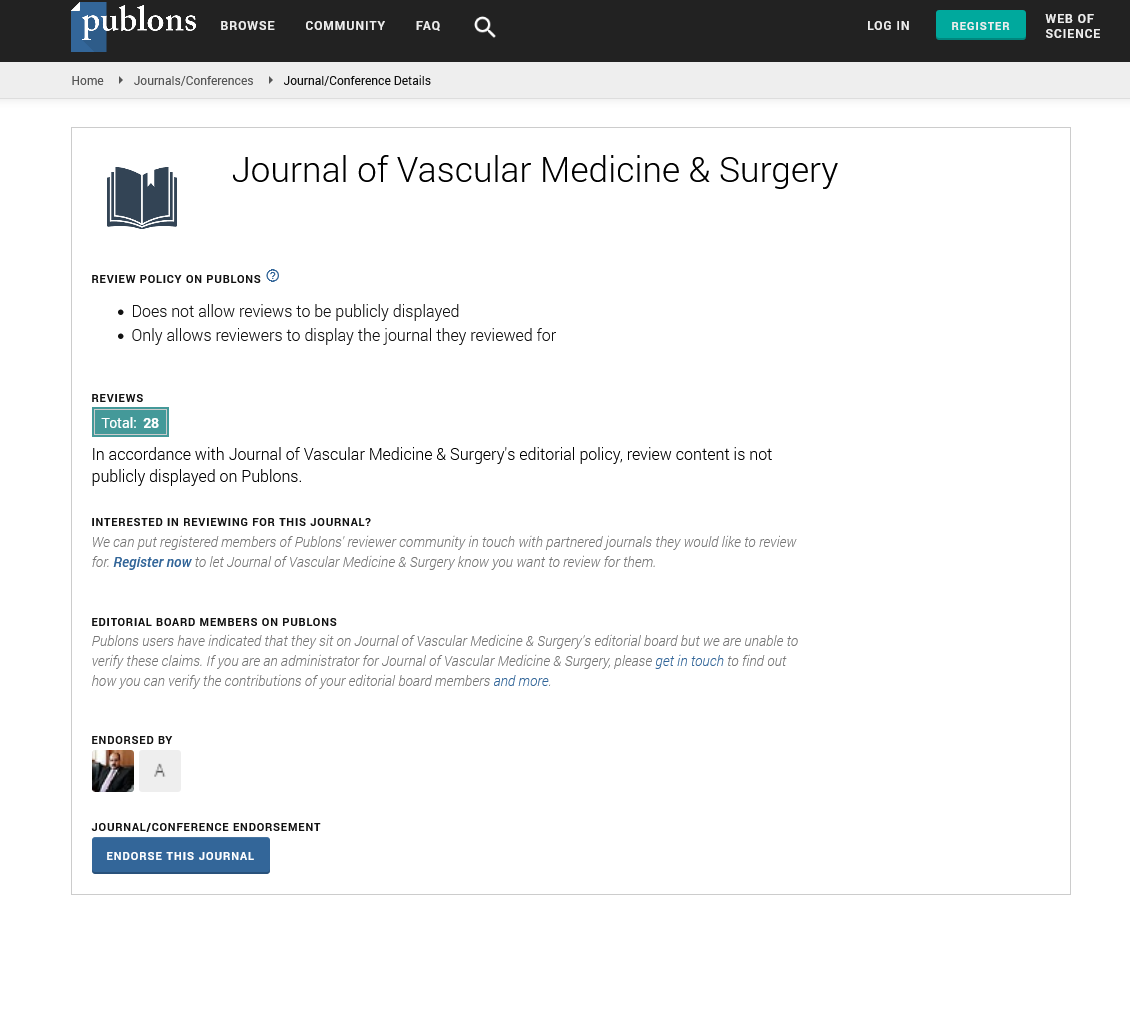Indexed In
- Open J Gate
- Academic Keys
- RefSeek
- Hamdard University
- EBSCO A-Z
- OCLC- WorldCat
- Publons
- Euro Pub
- Google Scholar
- SHERPA ROMEO
Useful Links
Share This Page
Journal Flyer

Open Access Journals
- Agri and Aquaculture
- Biochemistry
- Bioinformatics & Systems Biology
- Business & Management
- Chemistry
- Clinical Sciences
- Engineering
- Food & Nutrition
- General Science
- Genetics & Molecular Biology
- Immunology & Microbiology
- Medical Sciences
- Neuroscience & Psychology
- Nursing & Health Care
- Pharmaceutical Sciences
Abstract
Drug Sensitivity and Molecular Diversity of M. tuberculosis in Cameroon: A Meta-analysis
Titanji VPK* and Assam JPA
Tuberculosis (TB) represents one of the most challenging threats to global human health. M. tuberculosis causes about 8.8 million new cases of active tuberculosis and 1.1 million deaths annually. According to Cameroon’s National TB Control Program (NTBCP), tuberculosis still remains a major public health problem: an important cause of mortality and morbidity, with a negative impact on the socio-economic condition of the population. This paper is a meta-analysis review of the molecular diversity and drug sensitivity trends to first line TB drugs and the threat of multi-drug resistant (MDR) strains to the TB control programs in Cameroon. A very large selection of papers from the last 20 years was done through Google, Google scholar, Pub Med using as keys words ‘Mycobacterium tuberculosis, tuberculosis, resistance to first and second line drugs, molecular typing, Cameroon’. The paper to be selected for analysis must have dealt with at least one of the key words and must have been carried out in at least one of the regions of Cameroon. The selected paper was red and the required information for the review was then extracted. Investigations of genetic polymorphism of M. tuberculosis complex strains from humans in Cameroon has shown M. tuberculosis sensu stricto to be the predominant agent of TB cases, with the preponderance of the LAM10 family genotype and large shift of M. africanum. The resistance to all first line anti-TB drugs has declined significantly, however, the general rates of anti-TB drug resistance remain high in some regions, underscoring the need for greater enforcement of control strategies in the country.

